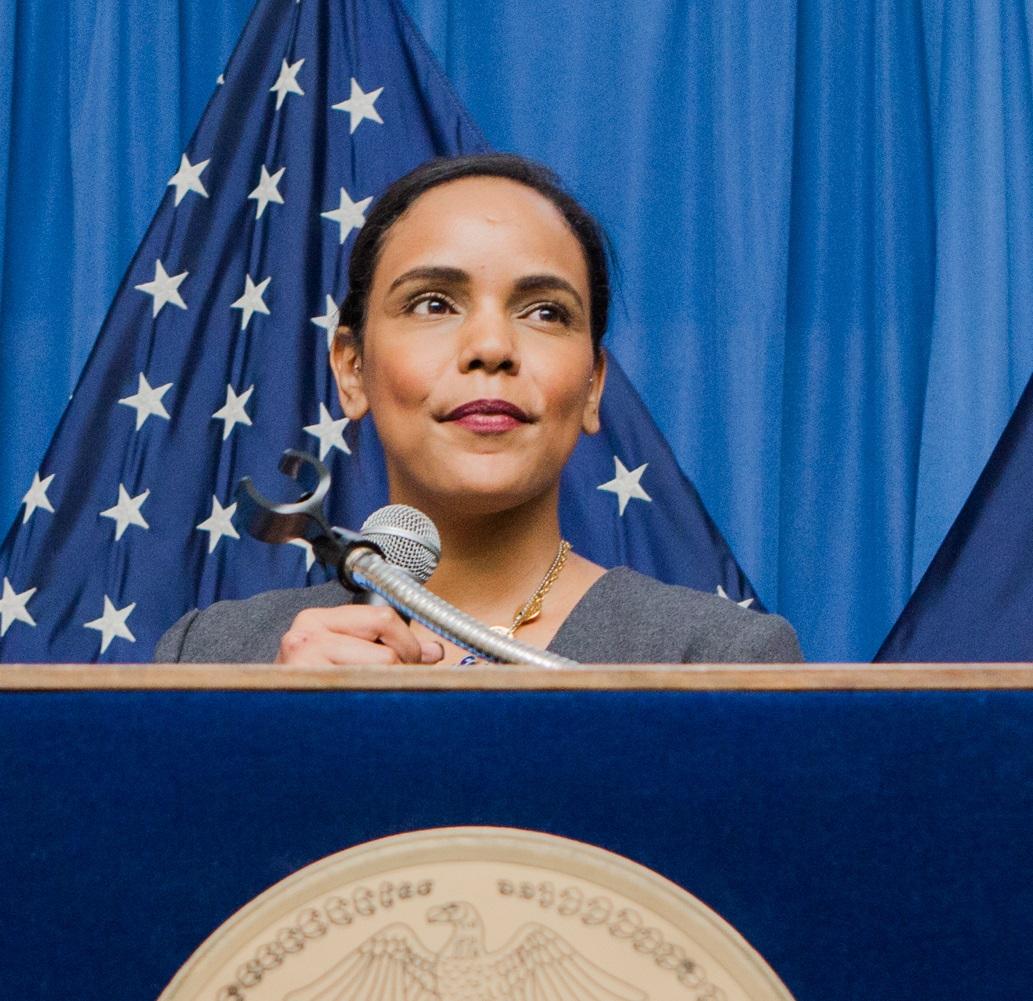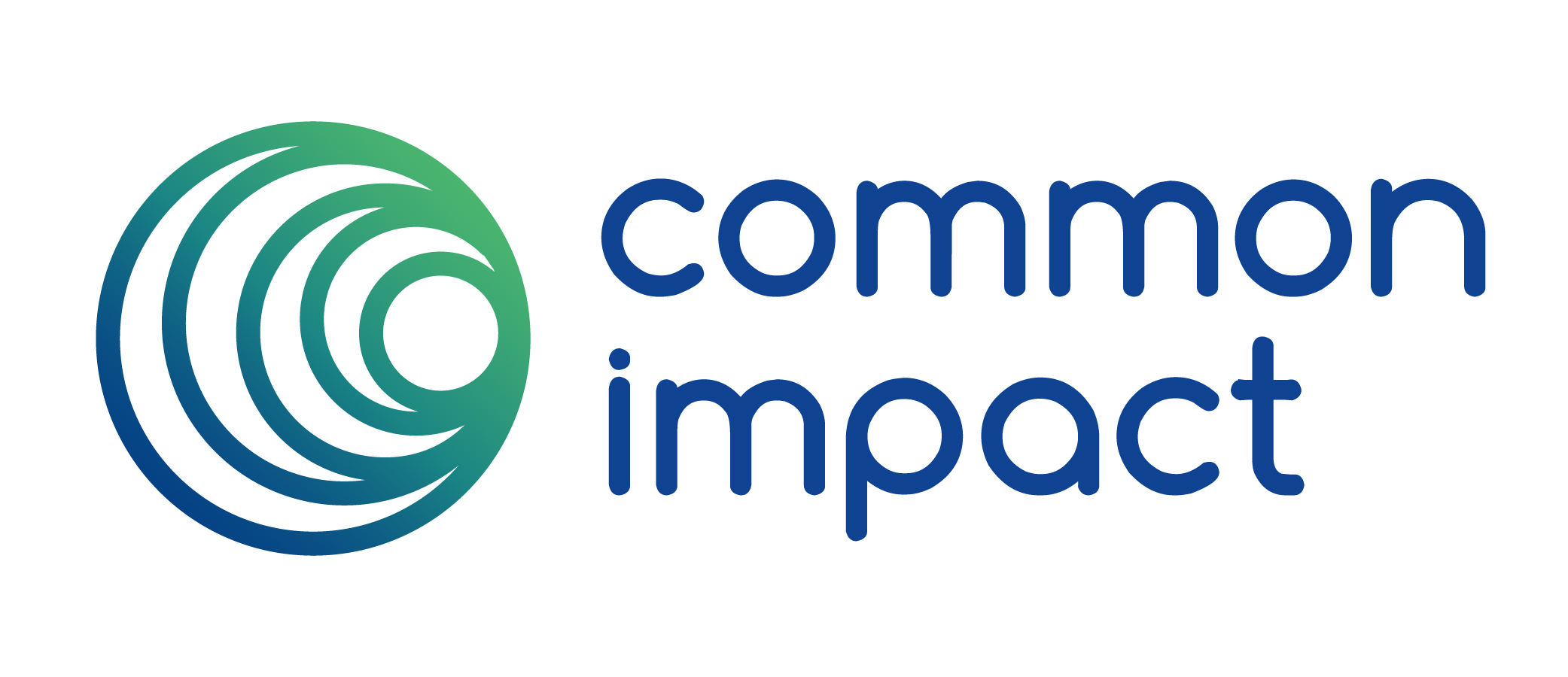Impact at Work: An Interview With May Malik From NYC Service
by Lauren Chasanoff

Last week, we released a blog post on some of our favorite communities of practice that bring diverse professionals together across sectors to achieve maximum business and social value in their communities. As a follow-up, I had the pleasure of interviewing May Malik, Director of Public-Private Partnerships at NYC Service who has an infectious passion for service and a unique vantage point from her role in the public sector.
What has been the most rewarding part of your career so far? What is the most challenging?
The most rewarding part of my career is the work I do to move the needle on corporate volunteerism. For so long it has been viewed by stakeholders as an add-on to accompany businesses practices, a nice to do, not a need to do. When I joined NYC Service in 2015, I realized, along with our Chief Service Officer Paula Gavin, that there was a need to elevate the conversation around the strategic importance of volunteerism. Over the past three years, I have been given the space to test out initiatives and engage partners that share the same values we hold at NYC Service. It is also an incredible privilege to be a conduit between the private and nonprofit sector while representing the priorities of the city and the de Blasio administration. I was born in Sudan. As a child of immigrants and an immigrant myself, it is now my time to serve in a city that adopted me eight years ago (I’m a native Californian!).
More specifically, launching the NYC Corporate Volunteer Council (CVC) has been one of the most rewarding and profound parts of my work. It started as seven businesses in 2015 and has now has over fifty corporate members. The council sets an example for how the city can bring businesses across various industries to the table to have frank conversations about the role their employees can play to help drive meaningful and sustainable change. Although rewarding, this work presents itself with day-to-day challenges. I often don't have to do a lot of converting, because I am preaching to people who are part of the same choir. However, it is my job to have conversations with members about tying this work to tangible business priorities such as recruitment, retention, leadership and skills development, and reputation so they can see the real impact and think about corporate volunteerism more strategically.
What are the newest trends in cross-sector CSR and philanthropy that you see from your vantage point?
The biggest trend I’ve seen on a high level is that companies are more boldly and unabashedly standing up to perceived injustices, denouncing perceived affronts on values, and shifting towards true equality. Companies are concerning themselves with the intrinsic socio-economic elements that impact the lives of their employees every day and translating these actions into volunteerism opportunities. Another trend and a conversation that I have all day, every day is that companies are increasingly concerned with how to capture the impact of their overall social impact efforts beyond the traditional outputs. They want to know how they create change in their employees and local communities and how their social impact work affects the bottom line. Companies are now turning to a more holistic values system where they are living and breathing good, and creating value both inside and outside their walls.
Why do you think the public sector is uniquely positioned to bridge the gap between the corporate and nonprofit sector? How did NYC Service launch the Corporate Service Coalition?
Over the past three years, we realized the need to elevate the importance of corporate volunteerism and provide specific, curated support for companies and nonprofits that were looking to engage in this work. Our business partners are asking us what priorities are important to the city and how can our employees’ time, talent and skills help the city deliver its promises to over 8.6M New Yorkers. We depend on the nonprofit sector to address the socio-economic conditions of our residents, but there is a huge gap between the demand and people able to meet that demand. Volunteerism can help close that gap and build capacity for our nonprofit partners, which ultimately helps our city thrive.
The public sector as a whole has a huge reach in a city like New York, which has more fortune 500 businesses than any other city in the country. We are in a great position to leverage the commitment to social impact from our partners, identify common goals between businesses, nonprofits and the city, and then meet together, in the middle, to improve the conditions of NYC residents. One example of this work is through our Corporate Service Coalition, a program that engages nonprofits to leverage corporate volunteerism and share best practices, resources and challenges. Ultimately we don’t create new programs without running it by this group of nonprofits, who is on the ground doing this work every day.
How has NYC Service dedicated capacity and resources to promoting pro bono with its nonprofit and corporate partners?
As an administration, we’ve dedicated a lot of capacity and resources to promoting mentoring specifically, as it’s a citywide priority for New York. Our campaign “Good for Me, Good for my City” launched in January 2017 with 20 corporate members who collectively pledged to engage over 5,000 of their NYC based employees as mentors to high school students. Those 20 companies not only met that call, but exceeded it. We now unveiled our 2018 campaign and have 36 partners working towards a goal of impacting over 7,000 high school students. This campaign has allowed employees to see themselves as part of a larger effort, something bigger than themselves to support a population that is at risk of falling through the cracks. It brings people and communities together that don’t interact with each other on the outside.

